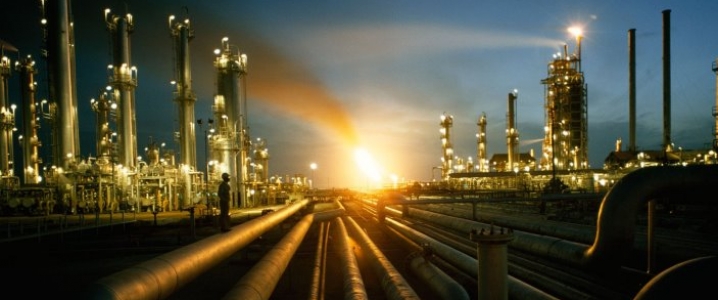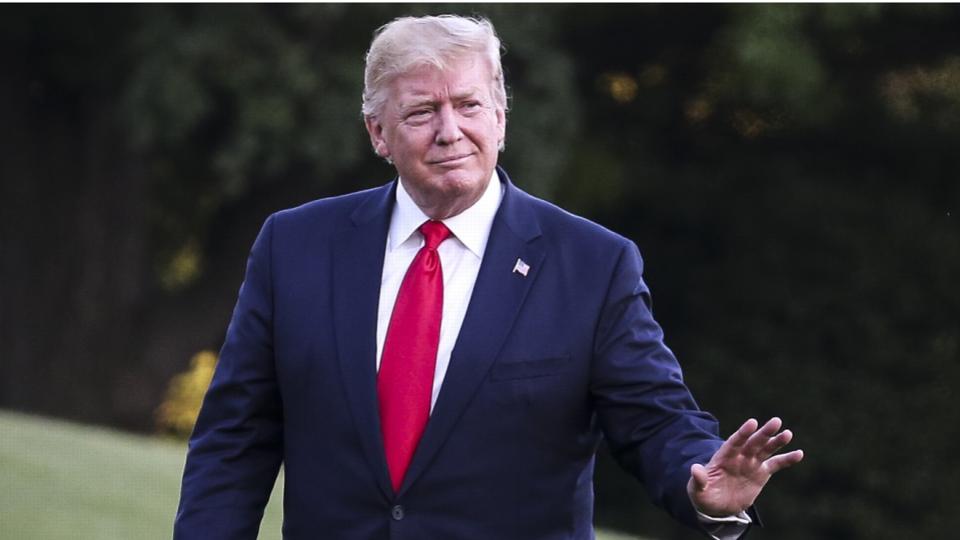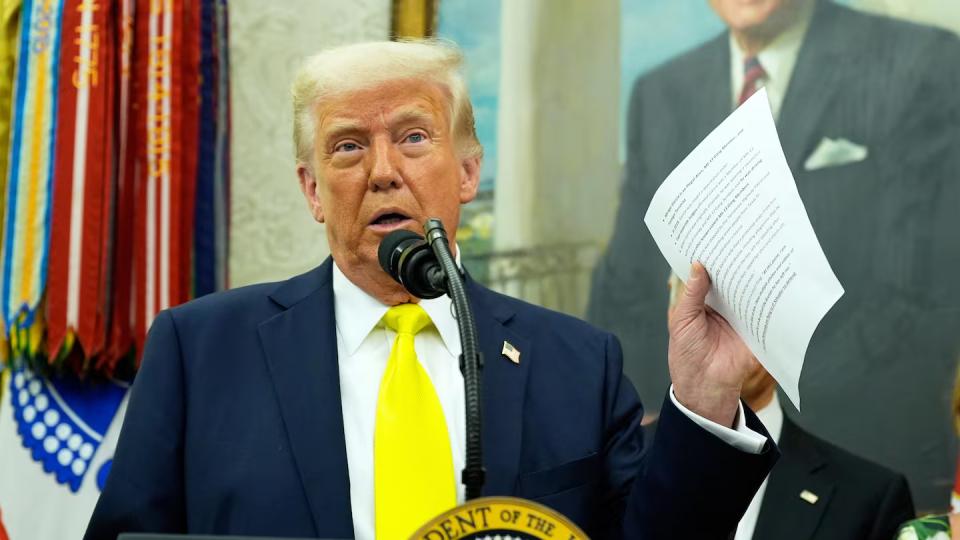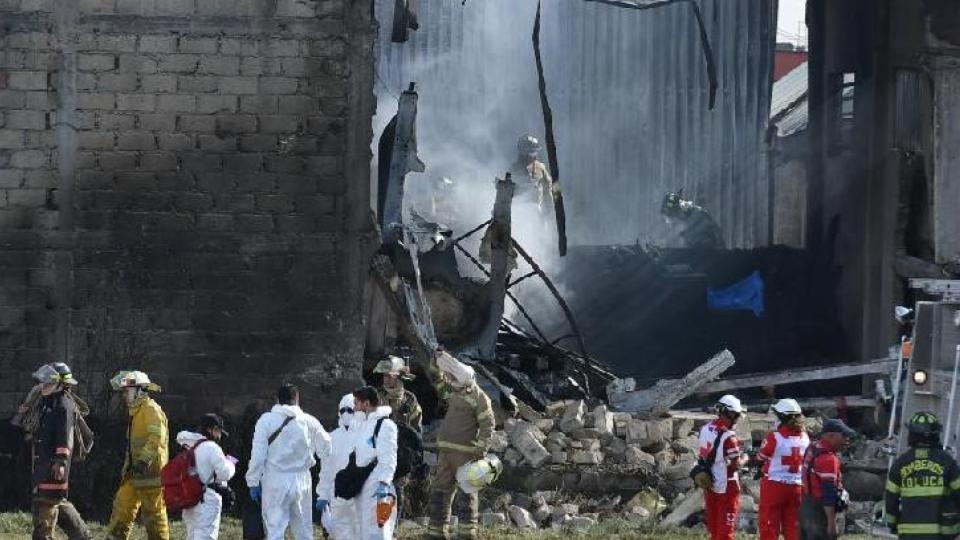Saudi Arabia’s $100 Oil Dilemma
Mon 23 Apr 2018, 12:24:05

Saudi Arabia is rumored to want oil prices at $100 per barrel, but if prices rise that high, it could sow the seeds of the next downturn.
Saudi officials want more revenues for their budget and a higher oil price to bolster the valuation of the Aramco IPO. But that short-term thinking could spell trouble not just for them, but also for oil prices, and ultimately for longevity of oil demand.
As Liam Denning of Bloomberg Gadfly points out, in the past decade, while oil prices have surpassed $100 per barrel for periods of time, they didn’t stay there for very long. In 2008, when oil nearly hit $150 per barrel, it was quickly followed by the financial crisis and a deep U.S. recession. Then, the period between 2011 and 2014, when oil was north of $100 per barrel, U.S. shale crashed the market with a wave of fresh supply.
If Saudi Arabia aims to drive up prices to triple-digit territory once again – and to be sure, that is only a rumor at this point – there are plenty of ways that could merely create the conditions for another bust.
First, oil prices are rising, in part, because demand is so strong, not just because OPEC is keeping barrels off the market. Oil at $100 would essentially amount to a doubling of the price from the past few years, which would quickly put an end to high demand growth rates.
A corollary to this is that $100 oil would likely impact economic growth. The economic recovery from the financial crisis in 2008 is almost a decade old at this point, much longer than the average upswing. History suggests that we are due for a recession at some point in the not-so-distant future. A spike in fuel prices around the world could help bring that on.
Related: The Bullish And Bearish Case
For Oil
“Oil prices are high because the dollar is low,” Daniel Lacalle, chief economist at Tressis Gestion, told CNBC on Thursday. Taking too much oil off to the market for too long could send prices “artificially” high he said. "That is a big concern…Because oil prices don't generate crises; the abrupt and unexpected rise of oil prices creates crises," Lacalle said.
Second, $100 oil would set off yet another round of frenzied drilling, likely resulting in an even stronger wave of new shale supply. Several years of triple-digit oil prices led to a near doubling of shale production in the U.S., a volume that helped crash the market in 2014. A spike in oil prices could result in history repeating itself.
That is worrying because U.S. shale is already growing faster now than it was in the lead up to the 2014 downturn.
Either way, Saudi Arabia runs the risk of sowing the seeds of another bust in the oil market, which, needless to say, would be hugely detrimental to its own interests. “Saudi Arabia can push the price to $100 if it keeps supply sufficiently tight,” Carsten Fritsch, analyst at Commerzbank, told MarketWatch. “But it won’t be without paying a price in the long-term, i.e. causing a new wave of shale oil and oil from other sources.”
More threatening than new supply in the long-term is the prospect of peak demand. There is no shortage of projections about when peak demand might occur, but everyone agrees that it will occur. Electric vehicles still represent a small fraction of the auto market, but they just had their best month on record in the U.S. in March. If battery prices continue to decline, EVs could reach cost parity with the internal combustion engine by 2024.
Saudi officials want more revenues for their budget and a higher oil price to bolster the valuation of the Aramco IPO. But that short-term thinking could spell trouble not just for them, but also for oil prices, and ultimately for longevity of oil demand.
As Liam Denning of Bloomberg Gadfly points out, in the past decade, while oil prices have surpassed $100 per barrel for periods of time, they didn’t stay there for very long. In 2008, when oil nearly hit $150 per barrel, it was quickly followed by the financial crisis and a deep U.S. recession. Then, the period between 2011 and 2014, when oil was north of $100 per barrel, U.S. shale crashed the market with a wave of fresh supply.
If Saudi Arabia aims to drive up prices to triple-digit territory once again – and to be sure, that is only a rumor at this point – there are plenty of ways that could merely create the conditions for another bust.
First, oil prices are rising, in part, because demand is so strong, not just because OPEC is keeping barrels off the market. Oil at $100 would essentially amount to a doubling of the price from the past few years, which would quickly put an end to high demand growth rates.
A corollary to this is that $100 oil would likely impact economic growth. The economic recovery from the financial crisis in 2008 is almost a decade old at this point, much longer than the average upswing. History suggests that we are due for a recession at some point in the not-so-distant future. A spike in fuel prices around the world could help bring that on.
Related: The Bullish And Bearish Case
For Oil
“Oil prices are high because the dollar is low,” Daniel Lacalle, chief economist at Tressis Gestion, told CNBC on Thursday. Taking too much oil off to the market for too long could send prices “artificially” high he said. "That is a big concern…Because oil prices don't generate crises; the abrupt and unexpected rise of oil prices creates crises," Lacalle said.
Second, $100 oil would set off yet another round of frenzied drilling, likely resulting in an even stronger wave of new shale supply. Several years of triple-digit oil prices led to a near doubling of shale production in the U.S., a volume that helped crash the market in 2014. A spike in oil prices could result in history repeating itself.
That is worrying because U.S. shale is already growing faster now than it was in the lead up to the 2014 downturn.
Either way, Saudi Arabia runs the risk of sowing the seeds of another bust in the oil market, which, needless to say, would be hugely detrimental to its own interests. “Saudi Arabia can push the price to $100 if it keeps supply sufficiently tight,” Carsten Fritsch, analyst at Commerzbank, told MarketWatch. “But it won’t be without paying a price in the long-term, i.e. causing a new wave of shale oil and oil from other sources.”
More threatening than new supply in the long-term is the prospect of peak demand. There is no shortage of projections about when peak demand might occur, but everyone agrees that it will occur. Electric vehicles still represent a small fraction of the auto market, but they just had their best month on record in the U.S. in March. If battery prices continue to decline, EVs could reach cost parity with the internal combustion engine by 2024.
No Comments For This Post, Be first to write a Comment.
Most viewed from International
Most viewed from World
AIMIM News
Latest Urdu News
Most Viewed
May 26, 2020
Can Lionel Messi's visit boost Indian football?
Latest Videos View All
Like Us
Home
About Us
Advertise With Us
All Polls
Epaper Archives
Privacy Policy
Contact Us
Download Etemaad App
© 2025 Etemaad Daily News, All Rights Reserved.

















.jpg)



















.jpg)
.jpg)
.jpg)


